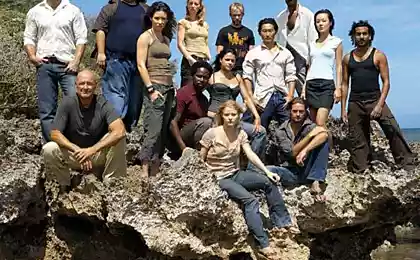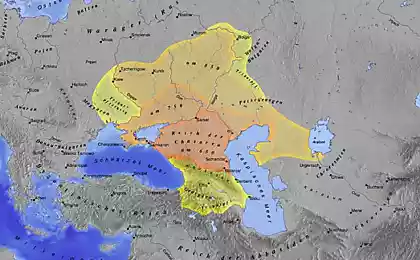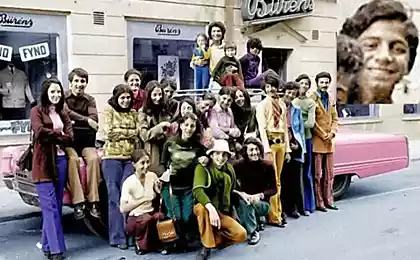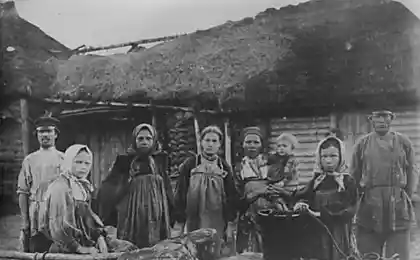549
Why the "wailing Wall" has such a name?
Mention of the Western wall of the Temple can be seen in early Jewish texts, although full confidence in that we will focus on the current Western Wall – the symbol of faith and hope, a place of pilgrimage and prayers of many generations of Jews, is still there. The first who mentions the term "Western wall", leaving their children all of the information that is on this wall that can be seen today is Ahimaaz Ben Paltiel, who lived in the XI century.
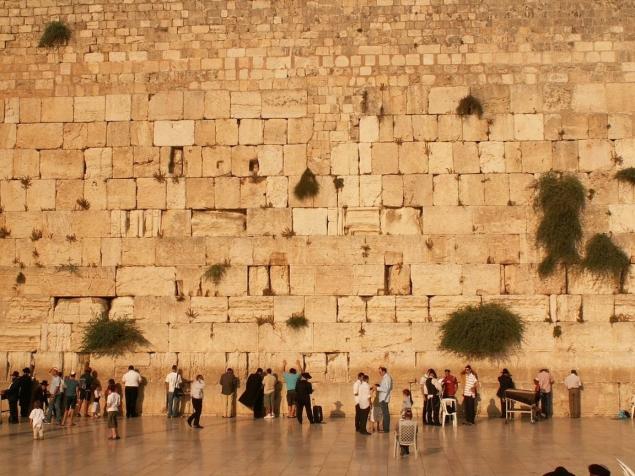
Many are concerned about why Judaism's holiest site is called the Wailing Wall. In order to find the answer, you need to buy a round of trips to Israel and a little dip into history. The whole point is that for Jews, a large Shrine — Temple which was on the Temple Mount. After the destruction of the Temple survived only one wall of the Temple mount.
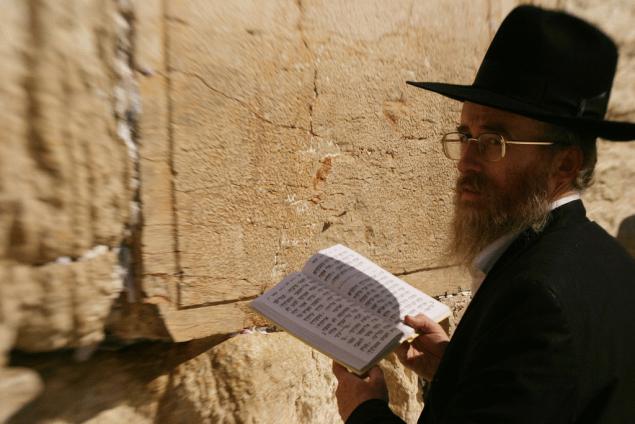
Watching as the Jews, coming to the wall, all the while praying to God, lamenting their ruined Temple, the Arabs called it the "Wailing Wall." The name "Wailing Wall" or "wailing place" is often mentioned in English literature of the 19th century. There is no such name in Hebrew, because there is Kotal Maaravi, which means in translation into Russian "the Western Wall". It is the name (The WеsternWall) can often be found in English.
Source: /users/413

Many are concerned about why Judaism's holiest site is called the Wailing Wall. In order to find the answer, you need to buy a round of trips to Israel and a little dip into history. The whole point is that for Jews, a large Shrine — Temple which was on the Temple Mount. After the destruction of the Temple survived only one wall of the Temple mount.

Watching as the Jews, coming to the wall, all the while praying to God, lamenting their ruined Temple, the Arabs called it the "Wailing Wall." The name "Wailing Wall" or "wailing place" is often mentioned in English literature of the 19th century. There is no such name in Hebrew, because there is Kotal Maaravi, which means in translation into Russian "the Western Wall". It is the name (The WеsternWall) can often be found in English.
Source: /users/413
